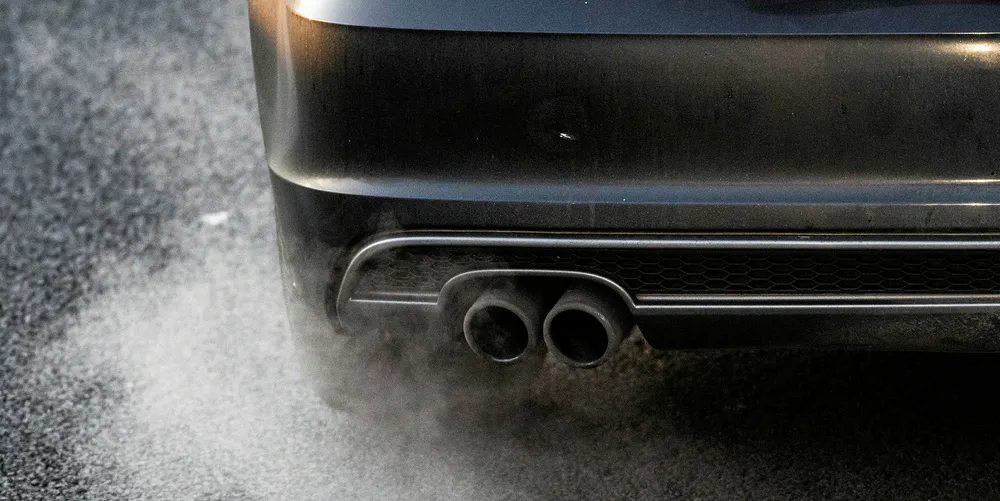German lawmakers raise planned lead-off CO2 levy to $28/tonne
Receipts from the levy are slated to be used to subsidise a surcharge on renewable energy (EEG surcharge)

Receipts from the levy are slated to be used to subsidise a surcharge on renewable energy (EEG surcharge)
